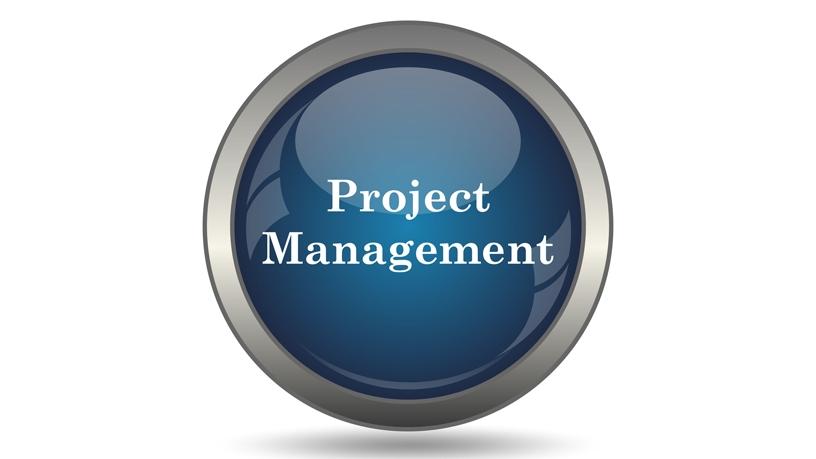
As pressure increases to get 'smart' products to market faster, could the traditional, once clearly defined roles of product and project managers be forced to change, resulting in the emergence of a hybrid product-project manager?
Andy Jordan, president of Honduras-based management consulting firm, Roffensian Consulting, and author of 'Risk Management for Project Driven Organizations: A Strategic Guide to Portfolio, Program and PMO Success', believes it will.
Tighter cycles, tighter relationships
In an opinion piece on the PMI Forum's ProjectManagement.com portal, Jordan points out that project cycles are shortening, not just because of increased customer expectations but because of an ever-increasing need to get technological advancements into product offerings as quickly as possible. This impacts the roles of both product and project managers.
Product managers are the public "face" of announcements and promises regarding the release dates and features of new products and product upgrades. Because a single "miss" in a release cycle can have long-term negative consequences on profitability and even market share, an extremely close relationship between project and product managers is essential.
"Project managers must have enough understanding of what is needed and by when. Product managers must trust their project managers to deliver what is needed on time and project managers must trust their product managers to avoid over-committing," he explains.
Jordan therefore believes the relationship between product and project managers has to be more than feature-driven. Project managers should understand all the variables involved in a product's release, not only what the functionality is but also how it is supported, how customers will interact with it, and when and how it will be delivered.
Logical evolution
However, this level of in-depth understanding is undermined by the common practice of project managers being shifted around and expected to fit into ongoing projects as and when they are needed.
The logical evolution, therefore, would be to combine the roles of product and project manager.
"As technology continues to drive product evolution at ever faster rates, so the role of effective project delivery becomes more important for those products. To meet this need, I believe project management and product management will combine, creating a hybrid role for product development initiatives. The person managing the project will also be the customer representative for the advancement of the product and will retain ownership of the deliverables once the project is completed," he says.
Opportunities and threats
The question then is: where will these hybrid P&P (product and project) managers come from? Will product owners add project delivery accountability to their existing role, or will project managers expand into product management?
Jordan says the changes offer both opportunities and threats for today's project managers. As the pace of product evolution continues to accelerate, the importance of project management is going to increase, not only in delivering products but also in being able to forecast what can be delivered by when, as well as to optimise the time from idea to delivery. That's where project managers excel.
However, there is no point in being first to market with the wrong functionality, and that is an area where product managers have an advantage.
"Committed project managers can develop that knowledge and, if they are also comfortable with being the face of the product with the customer base, they have every opportunity to take on an expanded role," he concludes.
Share